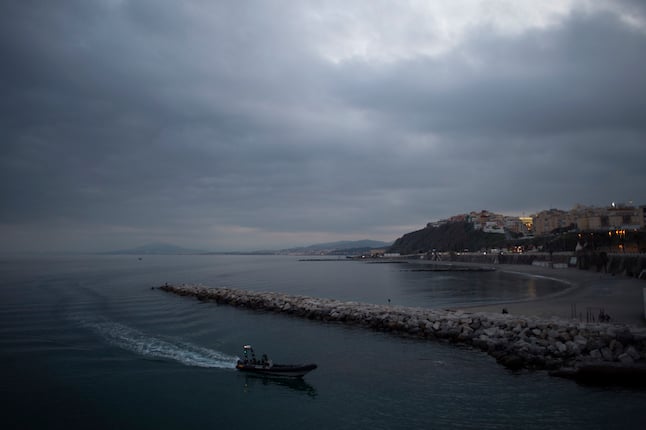The event took place at around 8:30 pm when a boat from the Civil Guard Maritime Service was trying to identify the occupants of a speed boat, similar to those used in tobacco and drug smuggling.
However, during the chase the British Royal Navy cut in, placing themselves between the suspicious speed boat and the Spanish Civil Guard in a dangerous manoeuvre, reports from Spanish news website Europa Sur and a video of the incident shared online suggest.
The waters where the event occurred are located 1.5 miles off the coast and are currently in dispute, as Gibraltar claims they belong to them.
READ ALSO: Spain seeks post-Brexit defence agreement with UK
The tension between both official vessels lasted several minutes, in which both boats even touched sterns. They were later joined by a Gibraltar Customs boat in support of the Royal Navy.
The stand-off ceased when the Civil Guard left the disputed area. It was only then that Spanish authorities were able to identify the people in the speedboat, who as it turns out, were not carrying any illegal substances.
Part of the incident has gone viral in a video shot by the passengers of the speedboat.
According to Spanish diplomatic sources cited by Europa Sur, this event has been “taken note of” in case a formal complaint should be raised before the British authorities.



 Please whitelist us to continue reading.
Please whitelist us to continue reading.
Member comments